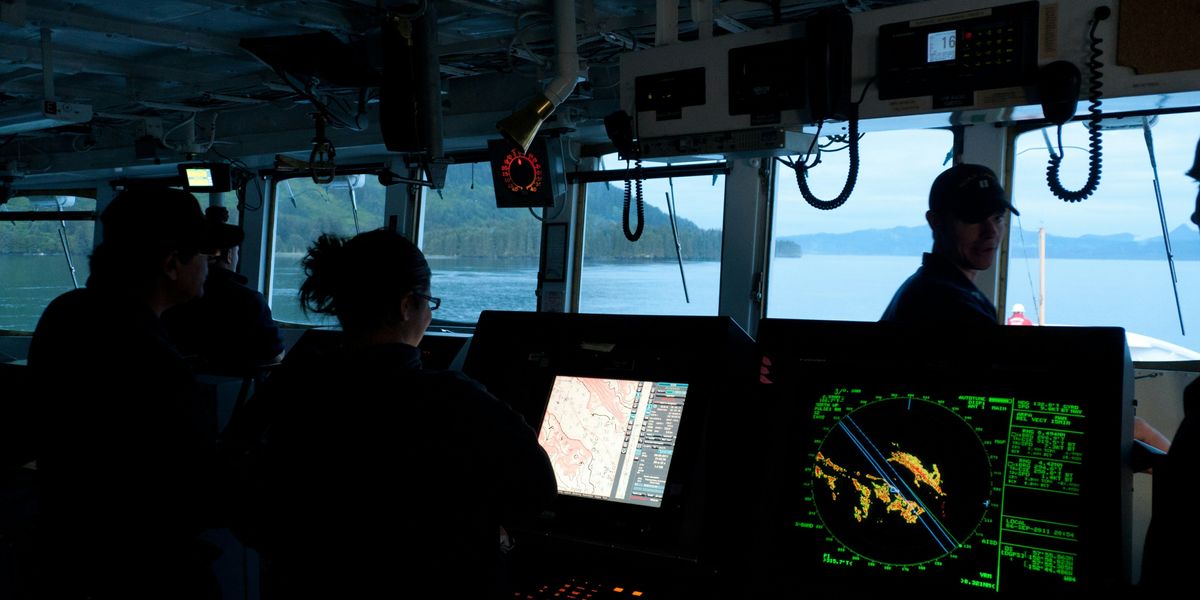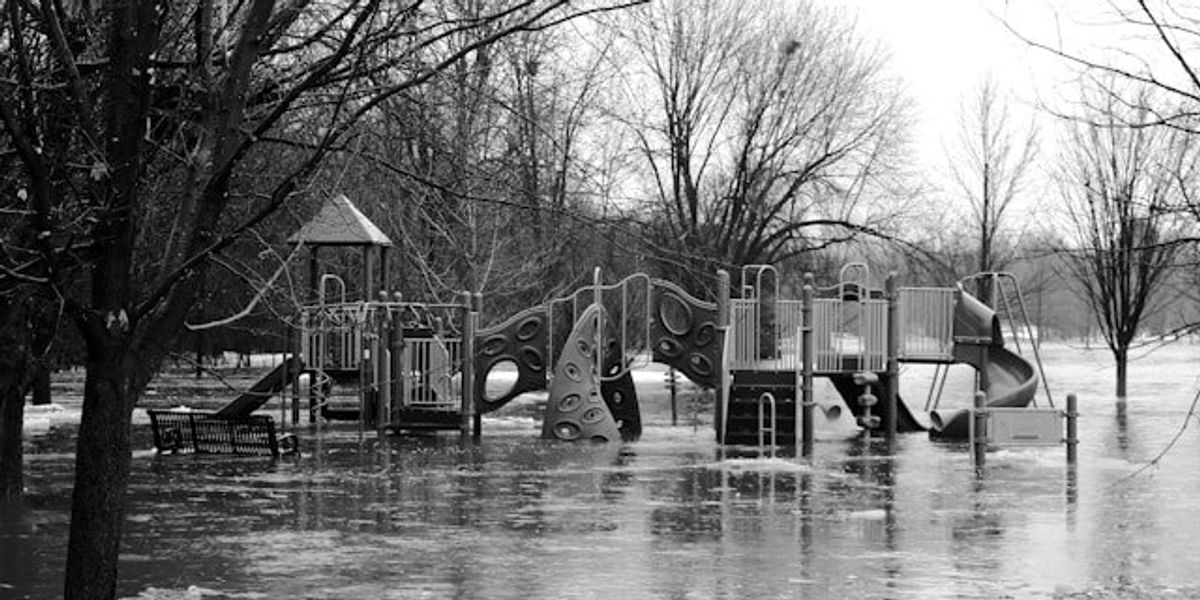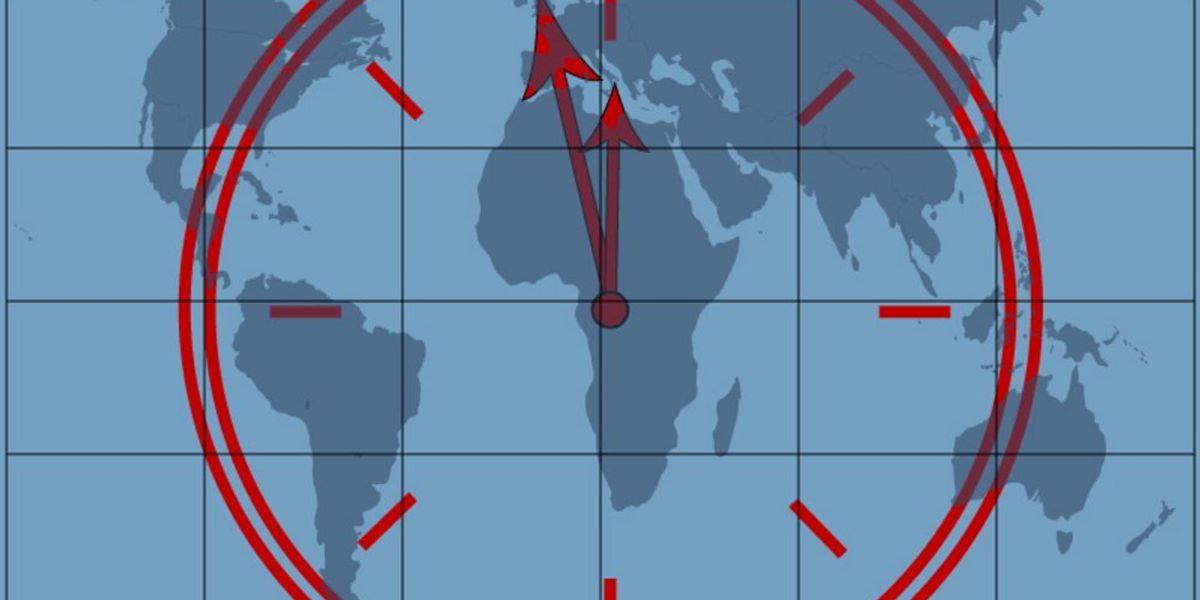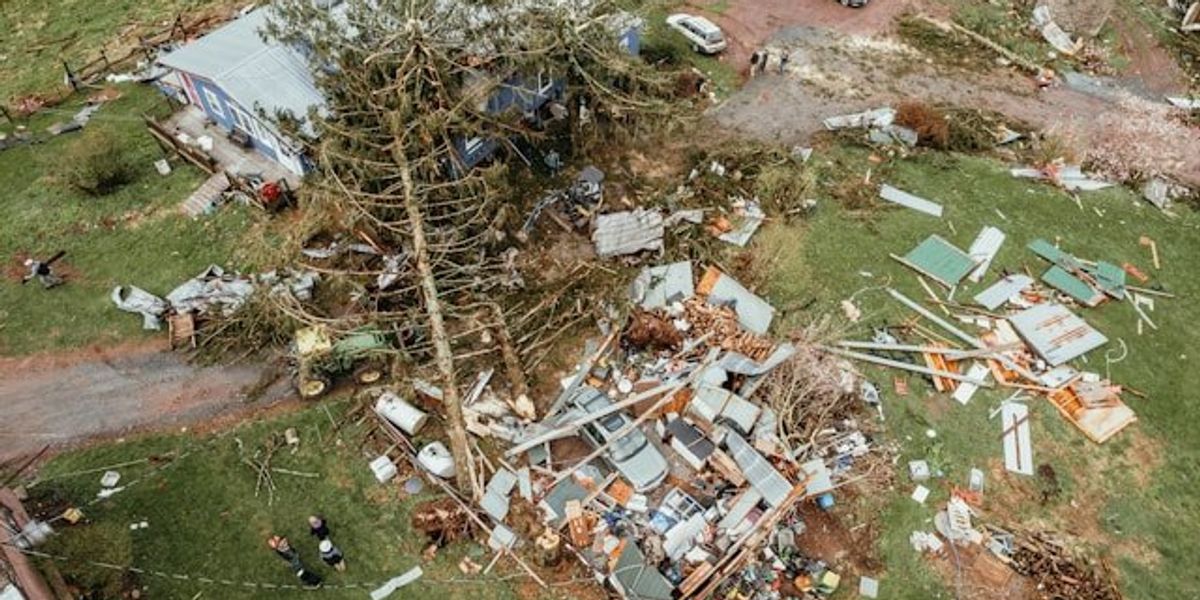
Trump plan would scrap critical ocean data network used by pilots, forecasters, and emergency crews
A plan by President Trump to eliminate funding for a key ocean monitoring system has drawn backlash from mariners, scientists, and emergency responders who depend on its real-time data for safety and navigation.
Todd Richmond reports for Associated Press.
In short:
- The Trump administration has proposed cutting all federal funding for the Integrated Ocean Observing System’s regional networks, a move that could shutter operations collecting vital real-time marine data.
- The system supports navigation, weather forecasting, search and rescue, tsunami alerts, hurricane tracking, and fishery decisions across the U.S., including the Great Lakes, Gulf of Mexico, and Pacific islands.
- Although the system costs $43.5 million annually and is praised for efficiency, a leaked budget memo outlines a $2.5 billion cut to the Commerce Department, including the National Oceanic and Atmospheric Administration, with no specific justification.
Key quote:
“What we’re providing is a window into the ocean and without those measures we frankly won’t know what’s coming at us. It’s like turning off the headlights.”
— Jack Barth, oceanographer at Oregon State University
Why this matters:
Oceans are getting warmer, storms are intensifying, and sea levels are rising. Systems like the Integrated Ocean Observing System give scientists and mariners the ability to monitor these shifts as they happen, helping them navigate storms, protect fisheries, and warn the public of toxic algal blooms or tsunami threats. Without it, cruise ships, harbor pilots, and even the Coast Guard would have to make decisions largely in the dark. Data on things like current strength, wind speeds, and wave height are crucial for safety at sea and along the coast. Pulling federal support from this system risks breaking up a well-functioning network of universities, nonprofits, and government agencies that have spent decades working together to make this data accessible. It could slow down emergency response, weaken weather forecasts, and leave gaps in long-term climate research.
Read more: NOAA layoffs threaten U.S. leadership in ocean science













